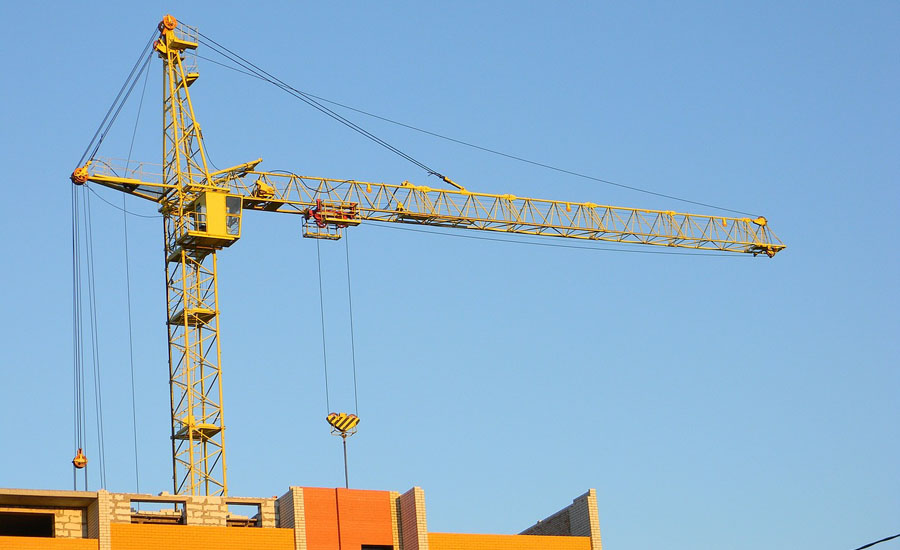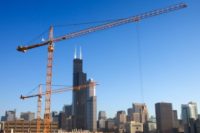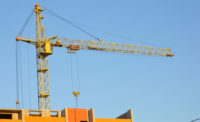After a yearlong delay that OSHA said it needed to address stakeholder concerns, employers in the construction industry must comply with a requirement for crane operator certification in the Cranes and Derricks Construction Standard as of November 10.
Crane operators must demonstrate sufficient knowledge and skill of the machines they’ll operate through both written and practical tests. (29 CFR 1926.1427).
Recertification
OSHA does not specify different requirements for recertification of operators who have already been certified, stating only that the testing organization certification program must have "testing procedures for recertification designed to ensure that the operator continues to meet the technical knowledge and skills requirements” necessary.1
The standard was revised in 2010 to address evolving industry work practices and advances in technology, like hydraulic cranes – which were rare at the time the 1971 OSHA standard was issued. The agency noted that the revision was prompted in part by industry stakeholders’ concerns that accidents involving cranes and derricks were a significant cause of injuries and fatalities on construction sites.
Key provisions
Under the final rule, employers must determine whether the ground is sufficient to support the anticipated weight of hoisting equipment and associated loads. The employer must also assess hazards within the work zone that would affect the safe operation of hoisting equipment, such as those of power lines and objects or personnel that would be within the work zone or swing radius of the hoisting equipment. Hazards involved with moving large, heavy loads may affect both the operators of the diverse "lifting" devices and workers in proximity to them.
Finally, the employer is required to ensure that the equipment is in safe operating condition via required inspections and that employees in the work zone are trained to recognize hazards associated with the use of the equipment and any related duties that they are assigned to perform.
Click here for compliance assistance information.
- https://www.osha.gov/laws-regs/standardinterpretations/2012-08-31


